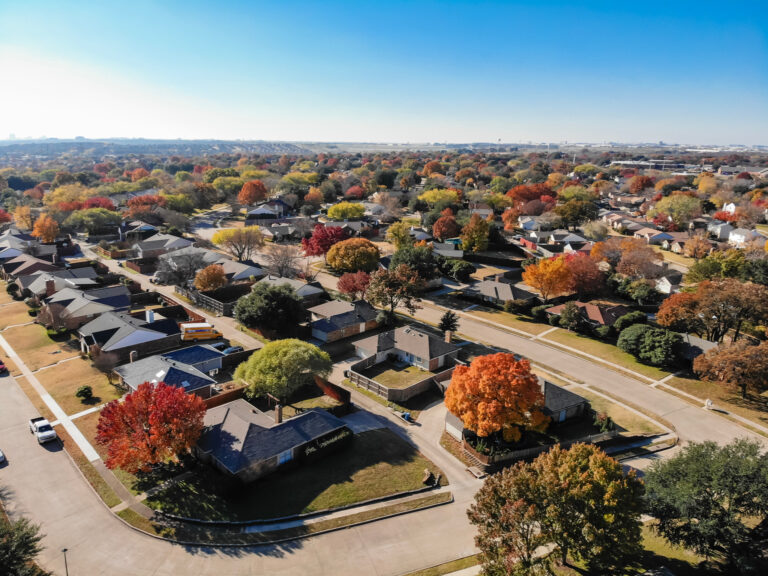
Probate sales are a unique real estate market aspect that often attracts investors and homebuyers looking for potential deals. These sales occur when a property is sold during probate, typically following the homeowner’s death. At the same time, probate sales can offer attractive opportunities but have specific challenges and procedures. Here’s what you need to know about probate sales.
What is a Probate Sale?
A probate sale happens when a deceased person’s estate is required to sell property to settle debts or distribute assets to heirs. When a homeowner dies without a will (intestate) or with a will that requires the estate to be liquidated, the court appoints an executor or administrator to handle the estate. The appointed individual is responsible for selling the property, often through a probate court-supervised process.
How Does a Probate Sale Work?
The probate sale process can be more complex and time-consuming than a real estate transaction. Here’s an overview of the steps involved:
- Court Appointment: The court appoints an executor (if there’s a will) or an administrator (if there’s no will) to oversee the estate.
- Property Appraisal: The property is appraised to determine its market value. This appraisal helps set a minimum acceptable sale price.
- Listing the Property: The executor or administrator lists the property with a real estate agent experienced in probate sales. The listing will typically indicate that the property is a probate sale.
- Offers and Bids: Interested buyers submit offers. Unlike traditional sales, probate sales often require the accepted offer to be a certain percentage above the appraised value.
- Court Confirmation: Once an offer is accepted, it must be confirmed by the probate court. This step includes a court hearing where higher bids can be presented, leading to an auction-like situation.
- Final Sale: After court confirmation, the sale proceeds like a regular real estate transaction, concluding with the transfer of ownership to the buyer.
Advantages of Probate Sales
Probate sales can offer several advantages, particularly for savvy buyers and investors:
- Potential Discounts: Properties sold through probate sales may be priced below market value, offering potential savings.
- Motivated Sellers: Executors or administrators may be motivated to sell quickly to settle the estate, leading to favorable buyer negotiations.
- Investment Opportunities: Probate properties often require renovations or repairs, presenting opportunities for investors looking to add value.
Challenges and Considerations
Despite the potential benefits, probate sales also come with challenges:
- Lengthy Process: The probate process can be lengthy, often taking several months or even years to complete, which can delay the sale.
- Court Involvement: The requirement for court approval and possible overbidding can add uncertainty and complexity to the transaction.
- As-Is Sales: Probate properties are typically sold “as-is,” meaning buyers may need to budget for repairs and renovations.
Tips for Navigating Probate Sales
For those interested in pursuing a probate sale, here are some helpful tips:
- Work with Professionals: Engage a real estate agent and attorney specializing in probate sales to navigate the process smoothly.
- Thorough Inspections: Conduct comprehensive property inspections to understand potential repair costs.
- Financial Preparedness: Be prepared for the financial commitment, including possible overbidding during the court confirmation.
- Patience: Be patient and flexible, as the probate sale process can be unpredictable and time-consuming.
Conclusion
Probate sales can offer unique opportunities for homebuyers and investors, but they require a thorough understanding of the process and potential challenges. Buyers can successfully navigate probate sales and potentially secure valuable real estate deals by working with experienced professionals and approaching the transaction with patience and due diligence.











































